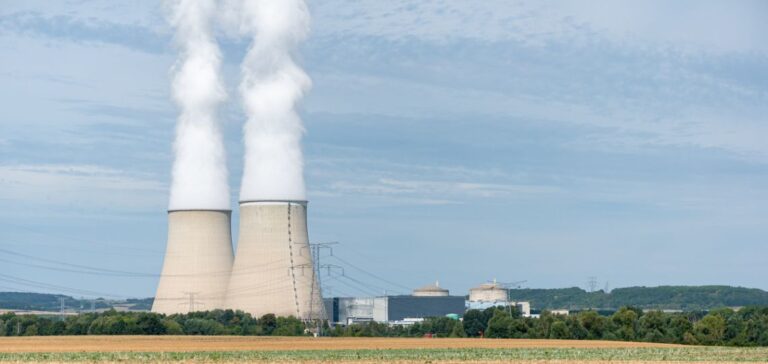The French Parliament is about to approve or reject the merger between the French Nuclear Safety Authority (ASN) and the French Institute for Radiation Protection and Nuclear Safety (IRSN). A compromise has been reached between the National Assembly and the Senate, with a vote expected to ratify the reform. The government is pushing ahead with this merger, despite criticism that it could disorganize the system. The Senate seems inclined to approve the bill, but the vote in the National Assembly is more uncertain. On March 19, the Assembly narrowly adopted the text by 260 votes to 259.
The bill
The bill envisages the creation of a Nuclear Safety and Radiation Protection Authority (ASNR) by 2025, merging the Autorité de sûreté nucléaire (ASN) and the Institut de radioprotection et de sûreté nucléaire (IRSN). This reform is presented as a response to the need to “streamline” processes in the French nuclear sector, marked by often critical appraisal and authorization times.
Viewpoints and oppositions
Opposition to the reform is strong, particularly from the trade unions of the two entities concerned and from left-wing political groups. They are concerned about a possible loss of independence and transparency. “We’re still hoping that MPs will vote responsibly, free from political pressure,” says Névéna Latil-Querrec, from the IRSN trade union.
Uncertainties and hopes
The vote in the French National Assembly remains uncertain, after an initial marginal adoption on March 19 by 260 votes to 259. The Senate, on the other hand, seems ready to approve the reform. The unions and some MPs are still hoping to influence the outcome, testifying to an ongoing struggle to maintain the integrity of the decision-making process.
Guarantees and reviews
The proposed new structure promises to improve independence, with specific procedures for separating the expertise and decision-making functions for each case. However, critics persist, such as Socialist MP Anna Pic, who points to the risk of conflicts of interest if the same agents can change roles from one week to the next. “We’re going to confuse the decision with the expertise,” she complains.
As Parliament prepares to vote, the merger of the two nuclear safety authorities remains a subject of heated debate, symbolizing the tensions between administrative efficiency and the preservation of standards of independence and transparency.





















